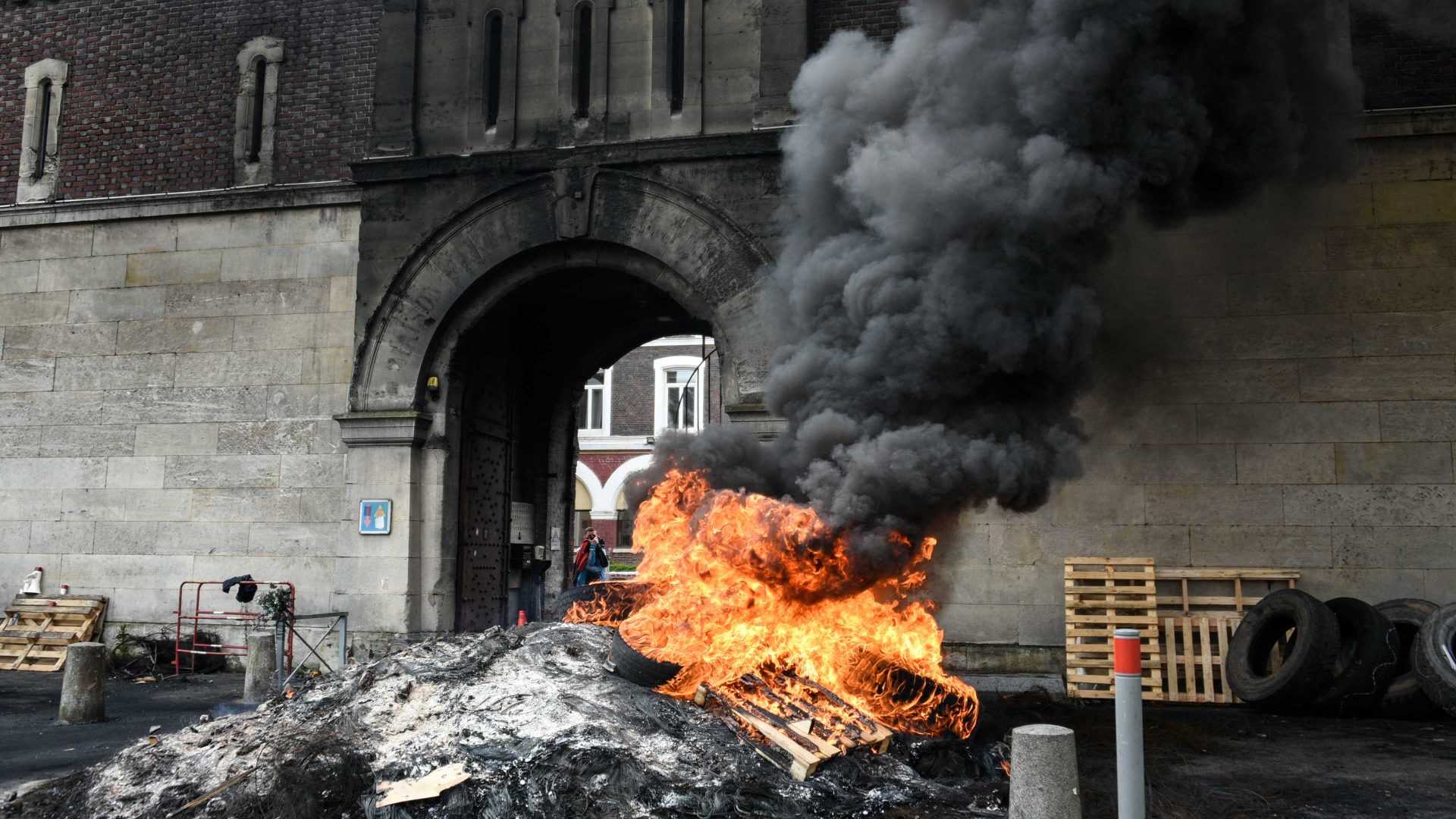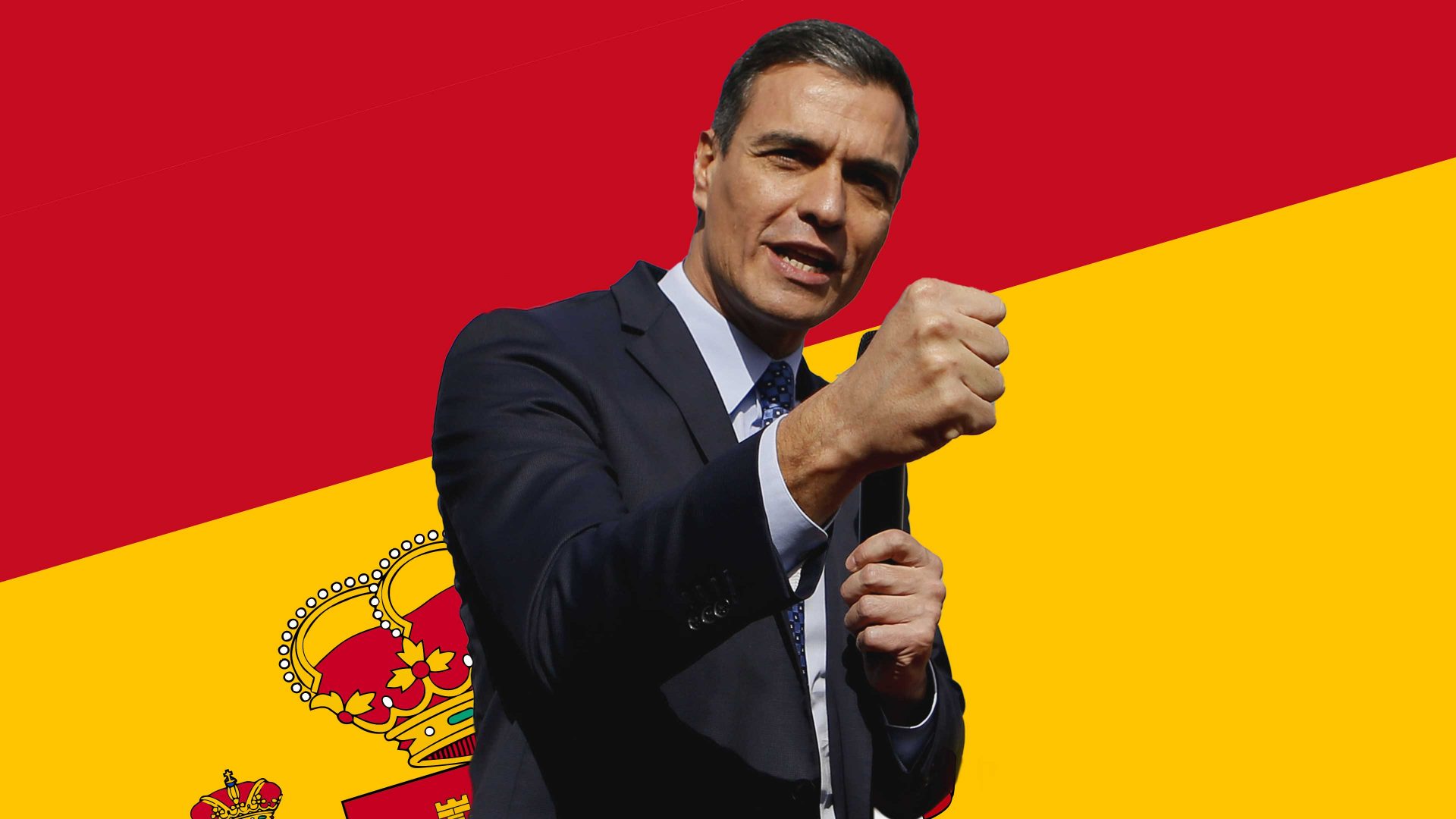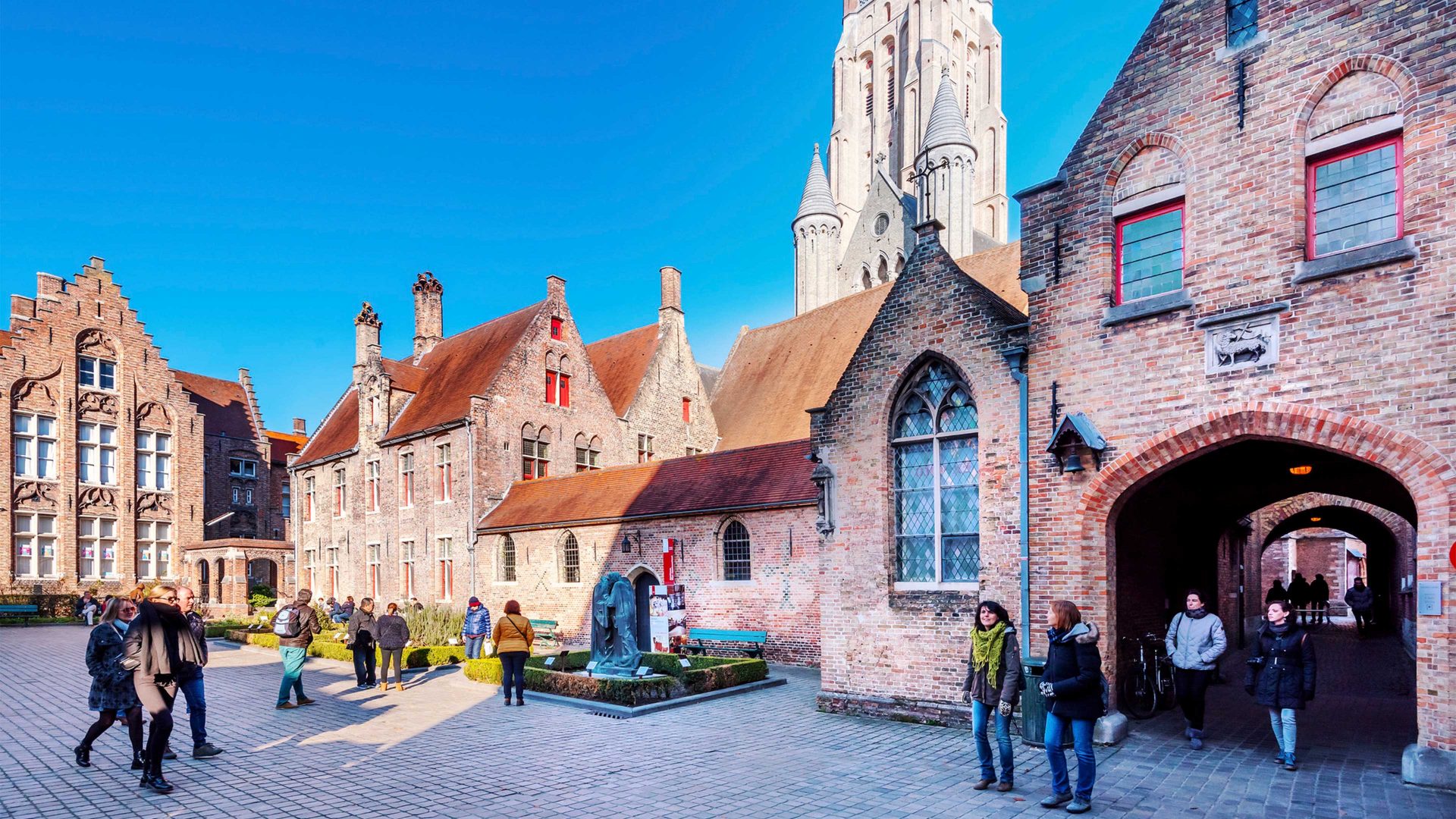Two minutes – that’s about how long it took a heavily armed hit squad in Normandy to attack a prison van and liberate the convicted criminal it was transporting on Tuesday, May 15. Two officers were shot dead and three others seriously wounded. The fatal attack marks the first case of prison officers killed in the line of duty in over 30 years.
More than 450 gendarmes and policemen are now hunting for the criminal that the interior minister has called France’s “public enemy No 1”. The search operation has already gone international, with Interpol issuing a red notice, a request to law enforcement worldwide to locate and arrest the suspects.
A debate about the war on drugs has burst out in the French media. Are France and Europe losing the war on drugs? Are we at risk of becoming narco-states?
The escaped criminal, known as The Fly (La Mouche), is no Pablo Escobar. Mohamed Amra, barely 30 years old, has been convicted of multiple counts of aggravated theft, burglary, and extortion related to narcotraffic. Although he is connected to drug traffickers in Marseille, he was never considered a “big fish”.
That makes the carefully planned and successfully executed attack all the more surprising – and frightening. If that level of violence is used to liberate a “middle-of-the-road, opportunistic rogue”, as one of Le Monde’s sources characterised him, then what might a gang do to liberate a higher-profile target?
Following the attack, French prison guards began blocking prisons to demand improved security. A major issue of concern was that the hit squad was evidently very well-informed about the timing of Amra’s schedule, as he was moved to a judicial court for questioning and then back to his Évreux prison.
Mobile phones are supposed to be banned in French prisons, but they circulate widely – a longstanding problem. According to French police, phones are smuggled in by corrupt guards and even dropped over the walls by drones.
Prison officers have been campaigning about the phone problem and also demanding adapted prison service vehicles. Neither of the two vans attacked during the fatal prison break were armoured, leaving the officers inside with zero chance of survival against the attackers’ Kalashnikovs.
On the day of the attack, Socialist senator Jérôme Durain, who chairs the commission of inquiry into the impact of drug trafficking in France, submitted a report whose conclusions left him “in shock”, he told the French media. The report issues a stark warning about the “submersion” of French territory by drugs.
Among other issues, the report is strongly critical of what it sees as widespread political disorganisation on the issue of narcotics, and warns that the war against drug trafficking is largely being lost. In addition, corruption is on the rise among elected officials, there is a dangerous lack of financial investigations, and the police don’t have the capacity to conduct long-term investigations.
France has always had its share of gruesome drug war violence, most of which has been concentrated in Marseille. But the recent deadly attack suggests that the most brutal aspects of the drug war are now spreading.
As the prime minister, Gabriel Attal, stated: “It’s the Republic that has been attacked. It’s our justice that has been shot at.” Finally, it seems, the French authorities are beginning to recognise the gravity of the threat posed to France by the war on drugs – a war it seems this government has lost.
Svetlana Lazareva is an independent multilingual journalist based in Paris




